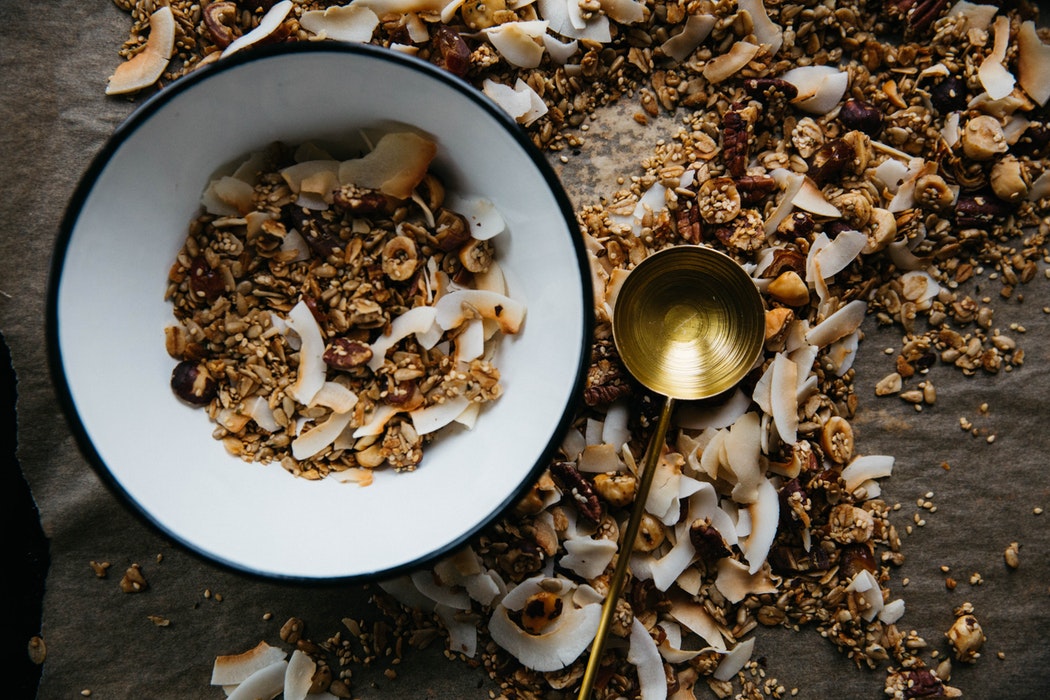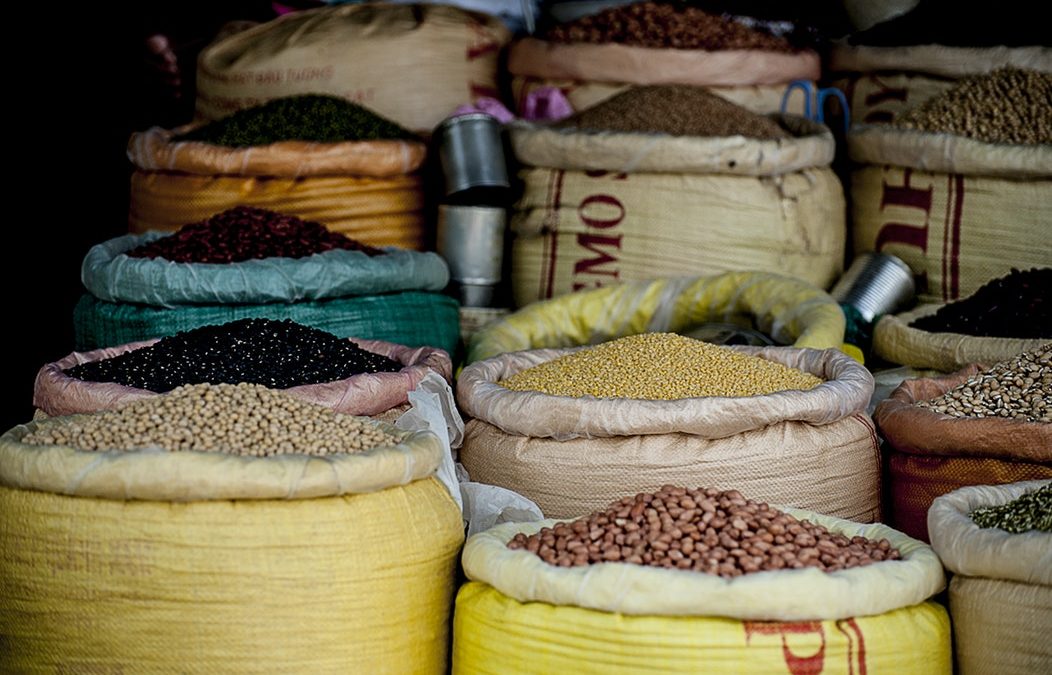Did you catch Jennifer’s recent Instagram post about lectins? (No? Why not give her a follow?!?).
To recap, Jennifer spoke last week with a client at a corporate event who was considering removing all beans, some veggies, & whole-grains from her diet. The client expressed concern about dietary lectins in these foods, and whether they cause inflammation.
To be clear, we do not blame this client at all for what she said. Lectins have become the dietary villain du jour. A quick google search of lectins yields thousands of results, with many of the top references warning against lectins. But like many nutrition fads, there is so much misinformation about lectins. In fact, removing them may do more harm than good! In this post, we’ll explain lectins and break down a few myths.
What are Lectins?
Lectins are a carb-binding proteins that can be found in all living things. In animals and humans, they’re thought to be responsible for intracellular communication (aka, they’re important for normal bodily function).

They’re also found abundantly in plants, including beans, legumes, grains, fruits, veggies, nuts, herbs, and spices. Their role in plants is less certain, although they’re known to protect against pests. Some of the arguments against lectins appear to stem from their pesticidal properties. But the anti-lectin crusade extends far beyond that. Here are just a few false claims we’ve seen online:
Myth 1: Lectins are bad for your gut.
Let’s just get this out of the way: There are certain cases in which this claim may be true. Eating large amounts of raw legumes can cause wicked gastrointestinal distress because they have high levels of a type of lectins called phytohemagglutinins.
But when is the last time you sat down and ate a whole can of raw beans?
Soaking, sprouting, fermenting, and canning all reduce lectin content, while cooking eliminates most lectins. In other words, there’s no reason not to enjoy legumes and grains that have been properly prepared.
Take kidney beans, for example. Kidney beans are very high in lectins and are known to cause toxicity when eaten raw. BUT, studies have found that just soaking kidney beans reduces lectin content by about 66%. Other studies have found that cooking soaked kidney beans reduces lectins by 99.5% or more. Tests on soybeans have shown similar findings.
One could just as easily argue that cutting out foods high in lectins may be bad for your gut! It would be difficult to sharply limit dietary lectins without also compromising daily fiber intake, since some of the highest lectin foods are also some of our best fiber sources. Fiber helps keep you regular, and certain types of fiber also feed beneficial bacteria in our guts.
In other words, please pass the beans! Just soak them and cook them first.
Myth 2: There’s no harm in cutting out lectins.
If it wasn’t clear in the opening paragraphs, a truly lectin-free diet would leave you pretty much nothing to eat. All foods contain some lectins, and some of the foods highest in lectins are also some of the healthiest foods in our diet!
Let’s consider, for a moment, what a so-called “lectin-free” diet looks like. A lectin-free diet allows for meats, fats, a couple of different types of nuts, and cruciferous vegetables. What do you notice about this eating plan?
As previously stated, it’s difficult to get enough dietary fiber on a “lectin-free” or low-lectin diet. This not only compromises bowel function but may also increase risk for heart disease, diabetes, constipation, and diverticulosis (at least indirectly). A recent study also suggests that certain types of lectins may promote bone health, but more research is needed.
Notice anything else about the “lectin-free” diet? It’s very high in fat! With such a limited menu of foods to choose from, it would be very easy to overeat animal fats. High intake of saturated fats (found in animal products) has been linked to increased cardiovascular risk. Moreover, studies have consistently shown plant-based diets to be healthier on the heart.
Myth 3: A lectin-free diet is a long-term solution
Diets that eliminate lots of foods always raise red flags for me. Lectin restriction compromises intake of antioxidants, vitamins, minerals, phytonutrients, and fiber. But I’m also concerned that these diets aren’t sustainable, long-term.
Lectins have been widely reported to cause a variety of health conditions, including obesity. And if you believe that and want to lose weight, it can be very tempting to limit dietary lectins as much as possible.
But so-called lectin-free diets are incredibly restrictive. In my experience, overrestriction almost always backfires. Even if you see some weight loss on a lectin-free diet (which isn’t a well-documented phenomenon, by the way), you’re likely at some point to go willy nilly on the foods you’ve eliminated. We see this with keto and other restrictive diets—those who follow them for a period of time often end up gaining weight back, plus a few bonus pounds.
If you’re concerned that specific foods may cause you problems (say, inflammation), it’s better to try out a well-planned, short-term elimination diet protocol. Our RDs would be happy to help you with that.
And speaking of inflammation, do you know what also causes it? STRESS! Ironically, diet fearmongering may increase inflammation by causing unnecessary worry about foods that aren’t even unhealthy!
Have I convinced you that lectins aren’t the devil? If so, try out this delicious, kid-friendly Sheet Pan Curried Tofu with Veggies recipe from MNT RD Mary Wissman! While you’re at it, serve it over a bed of quinoa with a bit of chocolate (also relatively high in lectins!) for dessert.

